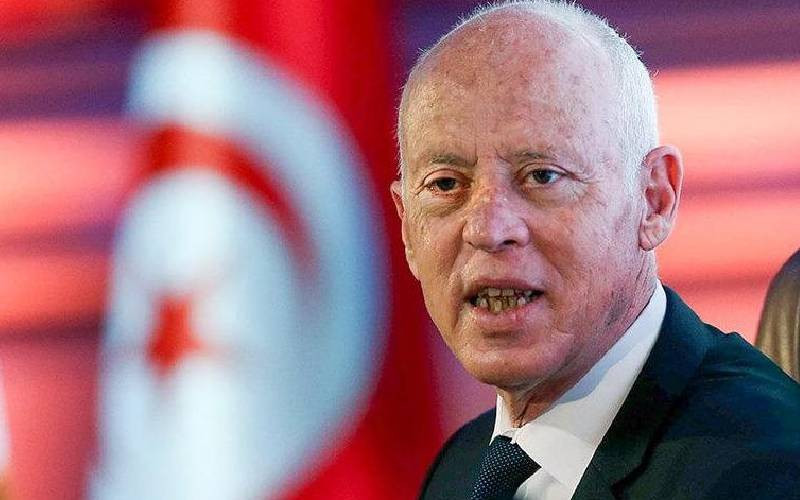
There are layers of snobbery in the way countries relate to each other. Manifested in a global hierarchy of power practice, this implies the existence of geopolitical Darwinism in which big powers believe they are the fittest and have the right to dominate others.
The United States, for instance, leads the conceptual West in looking down on other countries. In turn, big players in Western Europe look down on other Europeans who similarly look down on those not of European extraction. Collectively, countries in the conceptual West believe they are the global ‘garden’ and that other countries constitute a big jungle to be tamed.
Within the supposed ‘jungle’, there are layers in which those near the Europeans in skin pigmentation, mannerisms, and sense of self-importance, look down on those they consider to be lesser states.
Arab states, for instance, tend to look down on those in tropical Africa. At the bottom of that hierarchy of geopolitical snobbery, therefore, are African countries.
The reality of geopolitical Darwinism mindset became clear when Italy and Tunisia ganged up to stop black Africans from moving to Europe. Tunisia’s President Kais Saied is closer in skin colour to Italy’s Deputy Prime Minister and Foreign Minister Antonio Tajani than he is to leaders in tropical African states. This probably made him, as an Arab, receptive to appeals to help protect Josep Borrell’s ‘garden’ in Europe.
Tajani, with a soft spot for Benito Mussolini and desire to protect Europe and keep it European, seemingly found an ally in Saied who, in turn, wants black people out of Tunisia. Saied’s behaviour exposed the fragility of the African Union ideals and the inherent anti-Africanism in global geopolitics.
A former constitutional law professor who became president in 2019, Saied’s dictatorial appetite had little respect for Tunisia’s constitutional institutions. In his ‘self-coup’, he dismissed the parliament and judicial organs and also empowered himself to rule by decree.
Virtually unquestionable, he was also susceptible to Tajani’s racist nice-talking in January 2023. “Tunisia and Italy are both victims of the phenomenon of illegal migration,” Tajani declared and termed African migrants “a plague for Tunisia as it is for Italy.”
He added, “We need to solve the issue from the roots and look at it through African lenses, not European one.” He wanted African youth to dream and “stay in their own countries” rather than dream about Europe.
In return for keeping Africans in their own countries, Tajani offered to open Italian doors for Tunisian “legal workers who are capable of integration into Italian society.”
Stay informed. Subscribe to our newsletter
A month after Tajani visited Tunisia in January 2023 to beg for help to keep blacks out of Europe, Saied exploded against people from tropical Africa. “Hordes of illegal immigrants from sub-Saharan Africa” he declared, wanted “to consider Tunisia a purely African country that has no affiliation to the Arab and Islamic nation.”
Criminals, he claimed, plotted to “change the demographic composition of Tunisia.” There were two reasons for Saied’s anti-African outburst. First, he needed to divert attention from domestic economic and social upheavals and blaming African “hordes” provided a way out.
Second, he seemed eager to block what Tajani called “plague” from entering Borrell’s “garden” in Europe while probably facilitating ‘proper’ Tunisians, who are “capable of integration” among the Italians, to move to Italy.
Intense racism, with ‘white’ Tunisians turning against black people, became apparent. Following AU criticism, Saied showed he had little respect for AU ideals by calling on ‘Arab’ states to support his stand. In so doing, he confirmed the existence of geopolitical Darwinism in which ‘Arab’ Tunisia looked down on African states the way it probably looked up to white Europe.